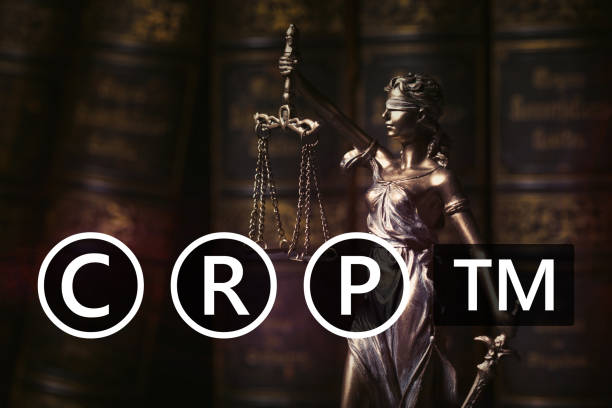


Recent fluctuations in the stock market have drawn attention to pharmaceutical giants Pfizer and Merck, raising concerns over patent cliffs and impending challenges. Despite initial apprehensions, subsequent reports offer a more optimistic outlook for both companies, largely due to forthcoming acquisitions.
A notable downgrade by a UBS pharmaceutical analyst shifted Pfizer from a ‘buy’ to a ‘neutral’ stance, citing potential patent expiration from 2025 to 2029 for key drugs, contributing significantly to Pfizer’s 2015 revenue. Meanwhile, Merck faced a market performance drop, driven by anticipated challenges to their blockbuster cancer drug, Keytruda, within the immuno-oncology landscape.
The term “patent cliff,” crucial in the pharmaceutical realm, signifies a revenue shift upon patent expiration. Billions of dollars hinge on a single drug protected by limited patents, prompting generic alternatives at significantly lower prices. This phenomenon, threatening about $26.5 billion in yearly sales among major pharmaceutical developers in 2017, is expected to endanger up to $251 billion in sales from 2018 to 2024.
UBS highlighted Pfizer’s vulnerability with impending patent losses for crucial drugs like Xeljanz, Ibrance, Xtandi, Eliquis, and Tafamidis, constituting nearly 20% of their Q4 2018 revenues. Despite a grace period, Pfizer braces for the loss of U.S. exclusivity for Lyrica, impacting their sales considerably.
Merck heavily relies on Keytruda, constituting 17.5% of their Q3 2018 sales. Recent regulatory approvals in the U.S. and China signal growth opportunities, but potential challenges in the immuno-oncology landscape could pose risks to Merck’s revenue stream.
Forecasts suggest a promising future for both Pfizer and Merck. EvaluatePharma projects Pfizer as the second-highest in global prescription drug sales by 2024, trailing only Novartis. Merck, in seventh place, is anticipated to reach $38 billion in overall sales. Both companies boast diverse pipelines, investing in vaccines and anti-infective medications to counterbalance potential revenue declines.
While long-term forecasts remain positive, recent analyst downgrades underscore the criticality of maintaining exclusivity through Patent Law for pharmaceutical firms. In the competitive landscape of the pharmaceutical industry, securing patents is paramount. Patent Law safeguards intellectual property by granting exclusive rights to inventors for a specified period, incentivizing innovation and investment in new drugs. This protection ensures that pharmaceutical companies can recoup their substantial research and development costs while retaining market exclusivity. Without patent protection, competitors could replicate these drugs, eroding the original developer’s market share and potentially hindering future innovation. As such, understanding and leveraging Patent Law is integral to sustaining a competitive edge and fostering continued advancements in the pharmaceutical realm.